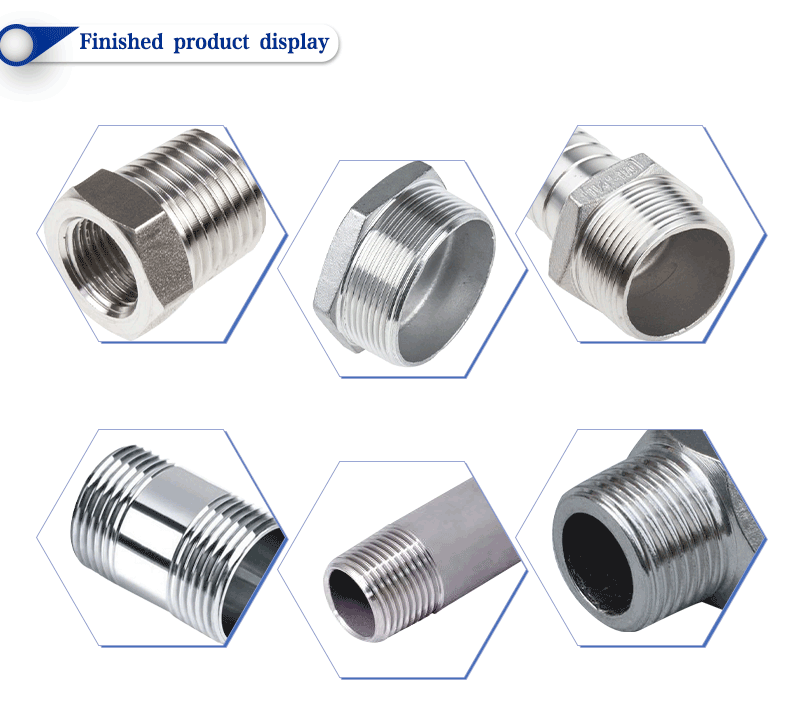
-
 Afrikaans
Afrikaans -
 Albanian
Albanian -
 Amharic
Amharic -
 Arabic
Arabic -
 Armenian
Armenian -
 Azerbaijani
Azerbaijani -
 Basque
Basque -
 Belarusian
Belarusian -
 Bengali
Bengali -
 Bosnian
Bosnian -
 Bulgarian
Bulgarian -
 Catalan
Catalan -
 Cebuano
Cebuano -
 Corsican
Corsican -
 Croatian
Croatian -
 Czech
Czech -
 Danish
Danish -
 Dutch
Dutch -
 English
English -
 Esperanto
Esperanto -
 Estonian
Estonian -
 Finnish
Finnish -
 French
French -
 Frisian
Frisian -
 Galician
Galician -
 Georgian
Georgian -
 German
German -
 Greek
Greek -
 Gujarati
Gujarati -
 Haitian Creole
Haitian Creole -
 hausa
hausa -
 hawaiian
hawaiian -
 Hebrew
Hebrew -
 Hindi
Hindi -
 Miao
Miao -
 Hungarian
Hungarian -
 Icelandic
Icelandic -
 igbo
igbo -
 Indonesian
Indonesian -
 irish
irish -
 Italian
Italian -
 Japanese
Japanese -
 Javanese
Javanese -
 Kannada
Kannada -
 kazakh
kazakh -
 Khmer
Khmer -
 Rwandese
Rwandese -
 Korean
Korean -
 Kurdish
Kurdish -
 Kyrgyz
Kyrgyz -
 Lao
Lao -
 Latin
Latin -
 Latvian
Latvian -
 Lithuanian
Lithuanian -
 Luxembourgish
Luxembourgish -
 Macedonian
Macedonian -
 Malgashi
Malgashi -
 Malay
Malay -
 Malayalam
Malayalam -
 Maltese
Maltese -
 Maori
Maori -
 Marathi
Marathi -
 Mongolian
Mongolian -
 Myanmar
Myanmar -
 Nepali
Nepali -
 Norwegian
Norwegian -
 Norwegian
Norwegian -
 Occitan
Occitan -
 Pashto
Pashto -
 Persian
Persian -
 Polish
Polish -
 Portuguese
Portuguese -
 Punjabi
Punjabi -
 Romanian
Romanian -
 Russian
Russian -
 Samoan
Samoan -
 Scottish Gaelic
Scottish Gaelic -
 Serbian
Serbian -
 Sesotho
Sesotho -
 Shona
Shona -
 Sindhi
Sindhi -
 Sinhala
Sinhala -
 Slovak
Slovak -
 Slovenian
Slovenian -
 Somali
Somali -
 Spanish
Spanish -
 Sundanese
Sundanese -
 Swahili
Swahili -
 Swedish
Swedish -
 Tagalog
Tagalog -
 Tajik
Tajik -
 Tamil
Tamil -
 Tatar
Tatar -
 Telugu
Telugu -
 Thai
Thai -
 Turkish
Turkish -
 Turkmen
Turkmen -
 Ukrainian
Ukrainian -
 Urdu
Urdu -
 Uighur
Uighur -
 Uzbek
Uzbek -
 Vietnamese
Vietnamese -
 Welsh
Welsh -
 Bantu
Bantu -
 Yiddish
Yiddish -
 Yoruba
Yoruba -
 Zulu
Zulu
Various Types and Applications of Thread Rolling Machines for Enhanced Manufacturing Efficiency
Types of Thread Rolling Machine Products
Thread rolling is a cold forming process that transforms a cylindrical workpiece into a threaded component by applying pressure through a set of dies. This process is widely used in manufacturing various products like screws, bolts, and other fasteners due to its efficiency and ability to produce high-quality threads. Thread rolling machines are essential equipment in industries ranging from automotive to aerospace, where precise and durable threaded components are crucial. In this article, we will explore the different types of thread rolling machine products and their applications.
1. Flat Die Thread Rolling Machines
Flat die thread rolling machines utilize two flat dies that press against the workpiece to form threads. This type of machine is ideal for producing external threads on cylindrical parts and is commonly used for manufacturing screws, bolts, and nuts. The flat die process is characterized by its ability to produce threads with high dimensional accuracy and surface finish. These machines are particularly efficient for high-volume production runs.
2. Circular Die Thread Rolling Machines
Unlike flat die machines, circular die thread rolling machines use cylindrical rolls that rotate around the workpiece. This type of machine is versatile and can be used for both external and internal thread production. Circular die machines are known for their ability to handle larger diameters and lengthier components, making them suitable for various applications in construction and heavy machinery. The continuous rolling motion allows for improved productivity and reduced cycle times.
3. Thread Rolling Machines with Servo Drive Technology
types of thread rolling machine products

Modern thread rolling machines incorporate servo drive technology, which enhances precision and control during the thread rolling process. These machines can adjust speed and force in real-time, enabling consistent quality and reduced waste. Servo-driven thread rolling machines are particularly beneficial for complex threaded profiles and materials that require stricter production tolerances. Manufacturers in industries such as medical devices and electronics increasingly rely on these advanced machines to meet specific regulatory standards.
4. Multi-Station Thread Rolling Machines
Multi-station thread rolling machines allow for the simultaneous creation of multiple threads on a single workpiece, significantly increasing production efficiency. These machines are equipped with several stations that can work on different parts of the component simultaneously. This design leads to a considerable reduction in cycle time, making them ideal for high-volume production settings where speed and efficiency are paramount.
5. Portable Thread Rolling Machines
For specific applications where traditional fixed machines may not be practical, portable thread rolling machines provide a flexible solution. These machines are designed for use in field operations or in situations where space is limited. Portable thread rolling machines maintain high-quality thread production while offering the convenience of mobility. Industries such as maintenance and repair, oil and gas, and construction often utilize these machines for on-site threading needs.
Conclusion
Thread rolling machines play a critical role in the manufacturing of threaded components across various industries. The choice of machine depends on factors such as the type and size of the thread, production volume, and material characteristics. From flat and circular die machines to advanced servo-driven and portable variants, each type serves unique applications and offers distinct advantages. As manufacturing processes evolve, the importance of selecting the right thread rolling machine becomes increasingly significant, ensuring efficiency, precision, and quality in thread production. With continuous advancements in technology, the future of thread rolling machines holds promise for even more innovative solutions and heightened productivity in manufacturing operations.
